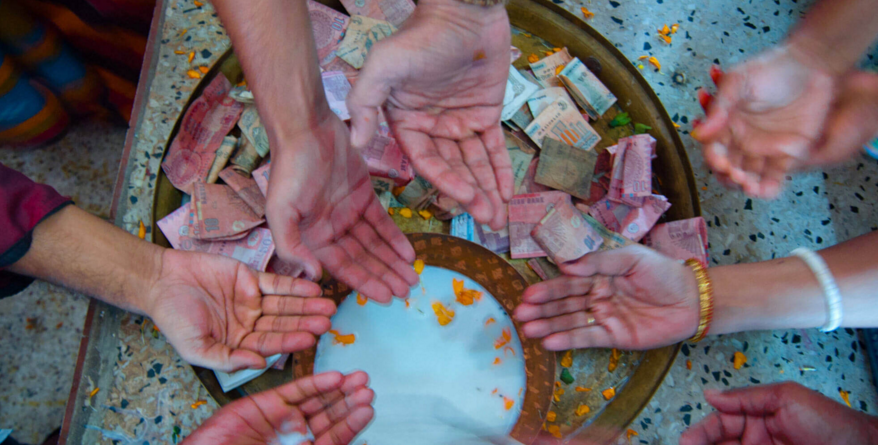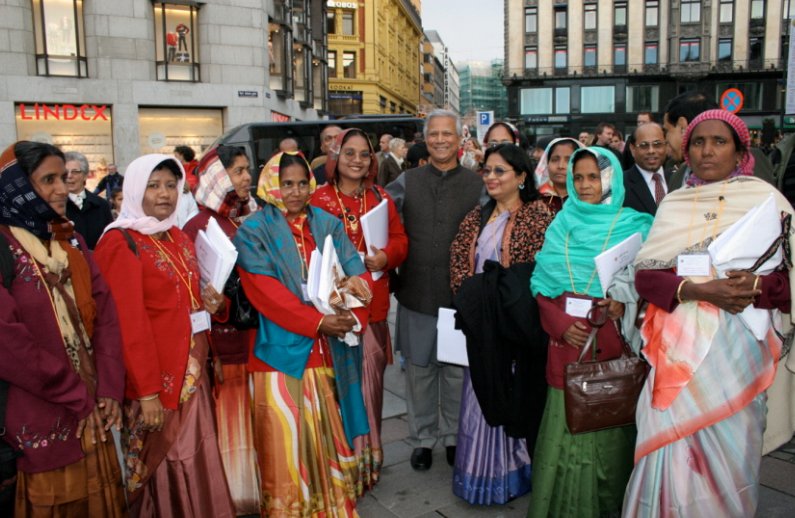Since its introduction to the world, the cryptocurrency Bitcoin and its underlying blockchain technology has given new meaning to the word money. The blockchain technology has shown itself to be capable of more than just providing us with an alternative medium of exchange.
The distributed public ledger system which is the foundation of the blockchain technology allows the safe transfer of assets on a peer to peer basis without the intervention of an intermediary. With traditional payment systems, trusted intermediaries are required to verify and validate the transactions hence adding additional cost along the transfer process. With blockchain based systems, the lack of the involvement of an intermediary during the transfer process means funds can be sent at a lower cost.
Tamperproof Distributed Ledger
In addition, any transaction carried out is updated on the distributed public ledger in real time on computers that are linked to the blockchain network hence providing a tamperproof record of ownership.
These unique characteristics of the blockchain technology allow government agencies and financial institutions to innovate their services and products to the segment of the population that lack access to basic banking services such as the case of the unbanked. Even though the number of people worldwide having an account grew by 700 million between 2011 and 2014, 48 percent of the population still lacks a bank account. To be part of the financial system is considered to be key for the eradication of extreme poverty. Blockchain can be the innovative technology that helps improve the financial inclusion of people around the world.
There are a few examples of projects working with blockchain in countries with a large part of unbanked population.
For example in the Philippines, a local company called Coins.ph uses a blockchain based platform to allow smartphone users to send money at a faster and more affordable rate than previously possible.
Likewise in Nairobi, BitPesa uses the same kind of technology to facilitate the remittances of funds internationally. The funds are originally received by BitPesa in local currencies which are then converted to digital currency. The digital currency is then transferred in real time to a digital wallet in the recipient country. Once received, the digital currency will then be converted into the local currency and paid out.
In the Phillipines Coins.ph uses a blockchain based platform to allow smartphone users to send money at a faster and more affordable rate – Adopting Blockchain to expand Financial InclusionBeyond Payment Services
While it is the initial ability of the blockchain technology to bring security and significant cost relief to the financial industry that drove further development in the technology, it has also being noted by nonprofit organizations and government agencies that the same kind of technology has the potential to expand financial inclusion to the roughly 2 billion unbanked individuals around the world.
In a report by the UK Government Chief Scientific Adviser on “Distributed Ledger Technology: Beyond Block Chain”, applications based on the blockchain technology can be expanded to cover more effective disbursement of social benefits, improve patients record keeping for the healthcare sector and land registries. It should be noted that every year, the UK government pays out as much as £166 billion in welfare support largely to the unbanked in the country. By using blockchain based applications, the government can disburse these social benefits to the intended recipients in a more effective manner.
Blockchain technology enables us to house and deal with unlimited amounts of transactions through the distributed ledger system. Of crucial importance is the fact that data cannot be forged. This means the transparency offered by the distributed ledger system can be used for applications such as smart contracts and identity verification.
Blockchain Powered Digital Identities
It has been recognized that having access to a basic transaction account is the first step for the poor or unbanked to become financially included. While for many of us opening a bank account might not be an issue, it is a major barrier for many of the poor and unbanked.
This is largely due to the fact many of these individuals lack any form of formal identification documents, an essential requirement for the identification of the account holder. With the blockchain technology, a digital identify can be created which in turn will allow the poor or the unbanked to gain access to basic banking services that will eventually provide them with access to welfare and higher independence.
Humaniq
One such company which has move towards using blockchain based platform for identity verification is Humaniq. The originality of the Humaniq project is that it takes in consideration the main characteristics of the unbanked population, which tends to be iliterate and lacking documents of identification.The Humaniq project goal is to provide a digital wallet which can be accessed through the cheapest android smartphones hence making the service accessible to a wider audience.
In addition, biometric identification technology based on facial and voice recognition will be used to identify the account holder’s identity hence bypassing the need for any formal documents to open an account. The digital wallet will then be used to store Humaniq cryptocurrency tokens which will act as a store of value or used to make payments. It is hoped that with the blockchain technology and bio-identification Humaniq will be able to expand financial inclusion to the millions of unbanked individuals in Africa and Asia.
BanQu
Another company working on similar topics is BanQu, a software technology company on a mission to connect refugees, the displaced and the world’s poorest to the global economy through a secure, portable digital identity that maintains transaction history through a proprietary blockchain-based platform.
BanQu is a software technology company who provides refugees with a portable digital identity – Adopting Blockchain to expand Financial InclusionThese various examples demonstrate how there is growing enthusiasm about the possibilities of blockchain technology and financial inclusion. These are early times though, as most companies operating in this field have no more than 2 or 3 years. Only time will let us know, what has worked and what needs to be improved. Let’s wait and see.

IntelligentHQ Your New Business Network.
IntelligentHQ is a Business network and an expert source for finance, capital markets and intelligence for thousands of global business professionals, startups, and companies.
We exist at the point of intersection between technology, social media, finance and innovation.
IntelligentHQ leverages innovation and scale of social digital technology, analytics, news and distribution to create an unparalleled, full digital medium and social business network spectrum.
IntelligentHQ is working hard, to become a trusted, and indispensable source of business news and analytics, within financial services and its associated supply chains and ecosystems.































